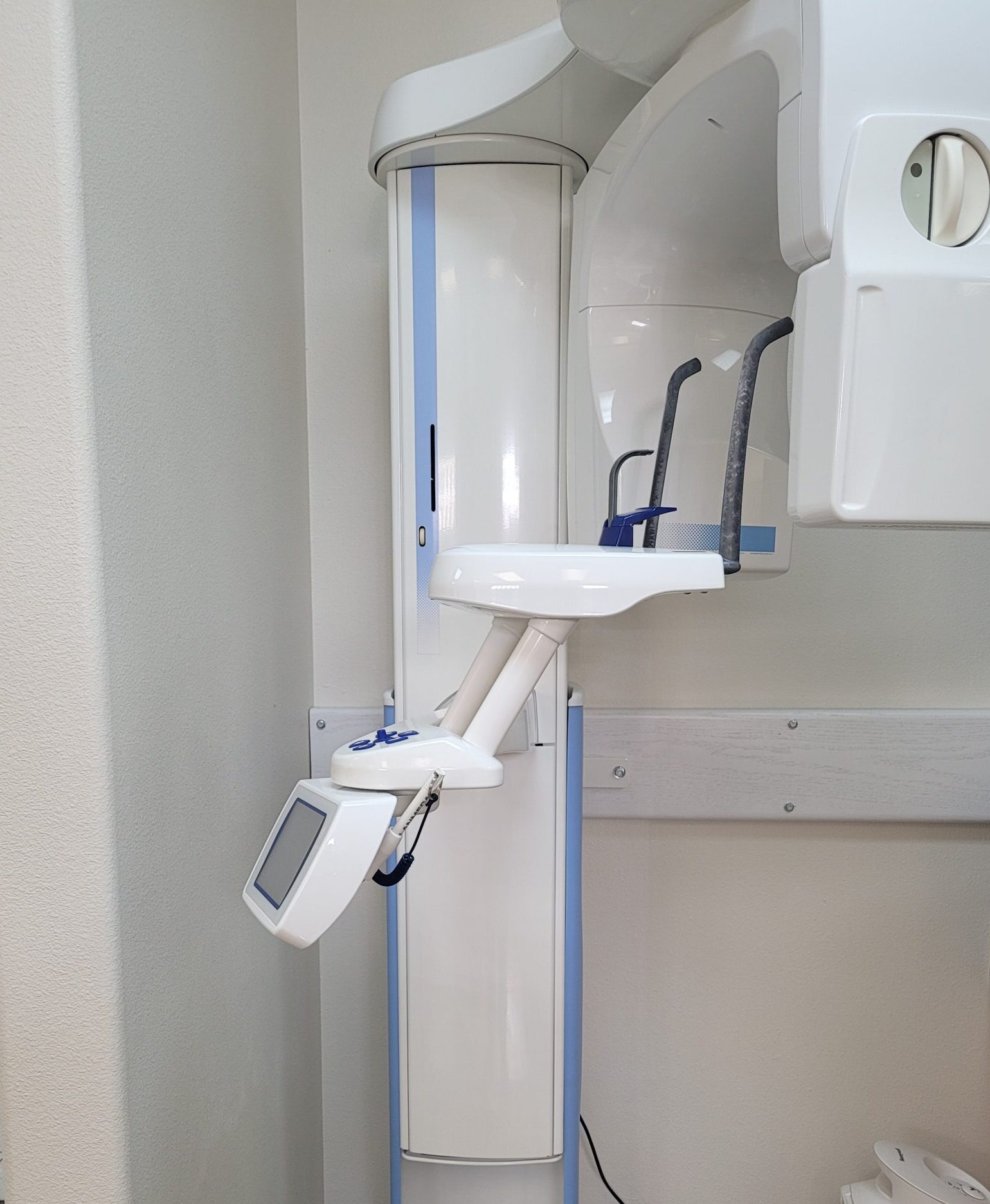Replace Denture with a Fixed Arch of Teeth
All-on-4® is a very popular and cost-effective treatment for replacing all of your teeth in the upper and lower arches. It can be used by anybody facing complete tooth loss or already experiencing the complete loss of natural teeth. All-on-4® uses teeth similar to a denture affixed to 4 dental implants that are strategically placed throughout the front 1/3 of the jawbone.
The implants used for All-on-4® are inserted differently compared with conventional dental implants:
- Two dental implants are inserted vertically into the front of the jaw
- Two dental implants are inserted either side but are placed at a 45° angle, tilting backward in the mouth
The reason for placing these dental implants at an angle is to take advantage of the better bone quality at the front of the jaw.
Tilting the implants allows for longer implant posts to be inserted, increasing contact with the surrounding bone. This provides increased stability in comparison to straight implants in the same position. Also, tilting the implants moves the top attachment (abutment) further back in the mouth, extending the length covered by the implants so that a greater number of teeth can be supported.



